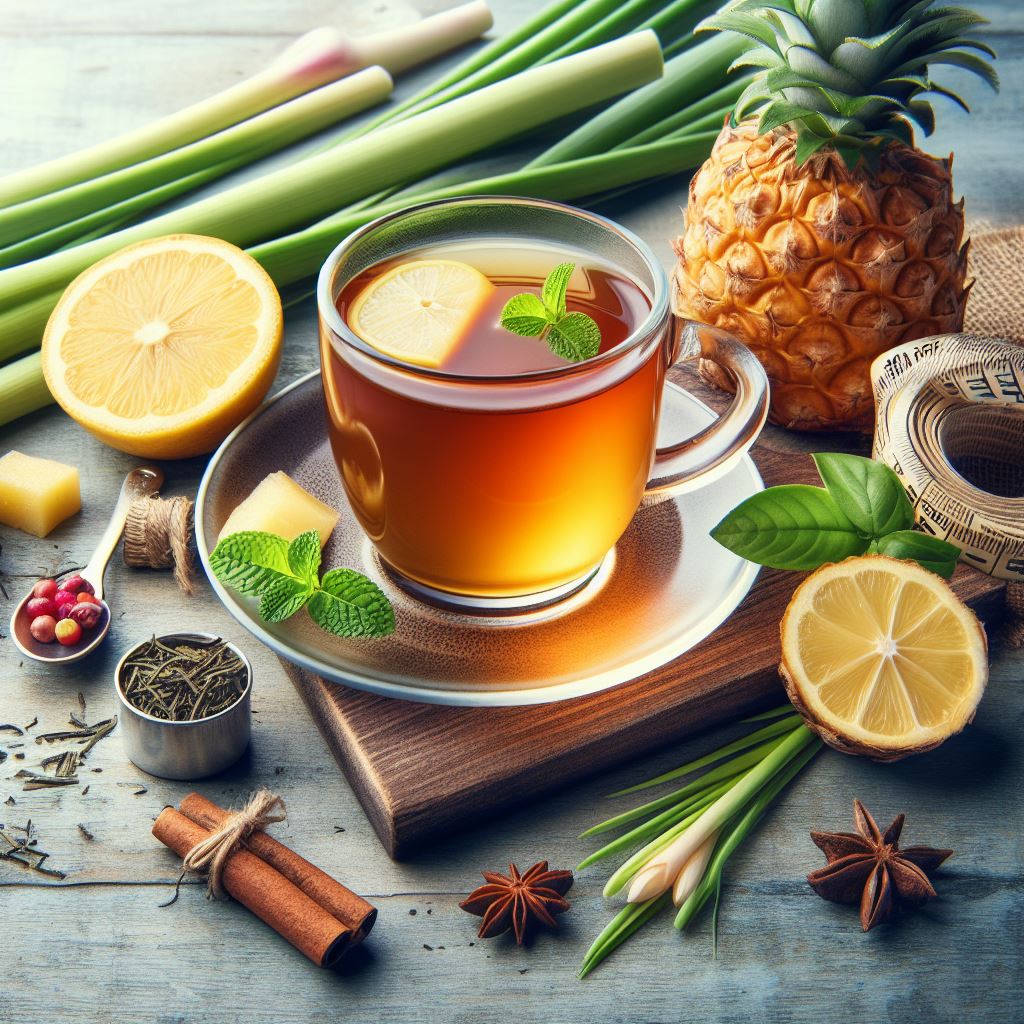Tea is one of the most popular beverages in the world, with many health benefits and varieties to suit different tastes and preferences. But, did you know that drinking tea on an empty stomach can actually do more harm than good to your body? In this article, we will explore some of the reasons why you should avoid drinking tea on an empty stomach. Also, what you can do instead to enjoy your tea first thing in the morning without any side effects!

The Side Effects of Drinking Tea on an Empty Stomach
Drinking tea on an empty stomach can cause various problems, such as:
• Headaches:
Tea contains caffeine, which can stimulate your nervous system and increase your blood pressure. If you drink tea on an empty stomach, you may experience headaches due to the sudden change in your blood flow and the lack of hydration. To prevent this, you should drink plenty of water before and after having tea. Additionally, avoid drinking tea if you are prone to migraines or have high blood pressure.
• Indigestion and dehydration:
Tea is a diuretic, which means it makes you urinate more frequently. This can lead to dehydration, especially if you drink tea on an empty stomach, as your body is already dehydrated after hours of sleep. Dehydration can cause dry mouth, fatigue, dizziness, and constipation. Moreover, tea can interfere with your digestive acids and cause gas, bloating, acid reflux, and stomach pain. To avoid this, you should drink tea with some food, such as nuts, fruits, or biscuits, and drink enough water throughout the day.
• Inhibit absorption of nutrients:
Tea contains tannins, which are compounds that can bind to iron and other minerals and prevent their absorption. This can lead to iron deficiency anemia, especially if you drink tea on an empty stomach. This is because your stomach is more acidic and can dissolve more tannins. Iron deficiency anemia can cause weakness, pale skin, shortness of breath, and increased susceptibility to infections. To avoid this, you should drink tea at least one hour after meals, and avoid drinking tea with foods that are rich in iron, such as meat, eggs, spinach, and beans.
• Acidity:
Tea can disrupt the acid-base balance of your stomach fluids, and cause acidity. Acidity can cause heartburn, which is a burning sensation in your chest and throat, as well as ulcers, which are sores in your stomach lining. Acidity can also damage your teeth enamel and cause tooth decay. To avoid this, you should drink tea with milk, which can neutralize the acidity. Not only this, you should avoid drinking tea that is too hot, as it can irritate your stomach and esophagus. Drinking tea on an empty stomach can also aggravate conditions like gastritis. Check out our post on Soothing Teas for Gastritis Relief: The Ultimate Guide for Your Stomach.
The Benefits of Drinking Tea with Food
Drinking tea with food can not only prevent the side effects of drinking tea on an empty stomach, but also enhance the benefits of tea, such as:
• Boost immunity and metabolism:
Tea contains antioxidants, which can protect your cells from free radicals and inflammation. Antioxidants can also boost your immunity and metabolism, and help you fight infections and diseases. Drinking tea with food can increase the absorption of antioxidants, as food can provide other nutrients that can work together with antioxidants. For example, drinking tea with citrus fruits can increase the absorption of vitamin C. This is an antioxidant that can boost your immunity and skin health.
• Improve mood and cognition:
Tea contains caffeine and theanine, which are substances that can improve your mood and cognition. Caffeine can increase your alertness and energy, while theanine can reduce your stress and anxiety. Drinking tea with food can balance the effects of caffeine and theanine. This is because food can provide carbohydrates and proteins that can regulate your blood sugar and neurotransmitters. For example, drinking tea with oatmeal can provide you with complex carbohydrates and fiber, which can keep you full and focused for longer.
• Enhance flavor and aroma:
Tea has a variety of flavors and aromas, depending on the type, origin, and processing of the tea leaves. Drinking tea with food can enhance the flavor and aroma of tea, as food can provide complementary or contrasting tastes and smells. For example, drinking tea with chocolate can create a rich and decadent combination. Whereas drinking tea with mint can create a refreshing and cooling sensation. Find out more on How to Pair Food with Tea: A Flavourful and Fun Guide
The Best Time and Way to Drink Tea
To enjoy the benefits of tea without the side effects, you should follow these tips:
• Drink tea at least one hour after meals:
This can prevent the interference of tea with your digestion and absorption of nutrients, and allow your stomach to empty and prepare for the next meal.
• Drink tea with some food:
This can prevent the dehydration and irritation of tea on your stomach, and provide you with other nutrients and benefits. You can choose foods that are light and healthy, such as nuts, fruits, biscuits, or yogurt.
• Drink tea with milk:
This can neutralize the acidity and tannins of tea, and provide you with calcium and protein. You can choose milk that is low-fat and organic, such as cow’s milk, soy milk, or almond milk.
• Drink tea that is not too hot:
This can prevent the damage and inflammation of tea on your stomach and esophagus, and allow you to enjoy the flavor and aroma of tea better. You can can wait for your tea to cool down and drink it around 60°C to 70°C, which is the idea temperature for drinking.
• Drink tea that suits your preference and condition:
There are many types of tea, such as green tea, black tea, oolong tea, white tea, herbal tea, and so on. Each type of tea has different characteristics and effects, and you can choose the one that suits your preference and condition. For example, if you want to relax and calm down, you can drink chamomile tea, which is a herbal tea that can reduce stress and insomnia. If you want to energize and stimulate yourself, you can drink black tea, which is a tea that has the highest caffeine content and can boost your alertness and performance.
Conclusion
Drinking tea on an empty stomach is not advisable, as it can cause various side effects, such as headaches, indigestion, dehydration, inhibit absorption of nutrients, and acidity. To avoid these problems, you should drink tea at least one hour after meals, drink tea with some food, drink tea with milk, drink tea that is not too hot, and drink tea that suits your preference and condition. By following these tips, you can enjoy your cup of tea without any worries, and reap the benefits of tea for your health and well-being. Cheers!
Discover More Tea-Related Articles:
- How to Make Irresistible Apple Cider Tea this Winter
- The Best 5 Morning Tea Recipes for Winter
- Green Tea Pre Workout: The Best Naturally Powerful Boost
- Tea for Asthma: The Best Herbal Teas to Ease Breathing
- Pine Needle Tea: Warm Up With The Ultimate Natural Cup





Leave a Comment